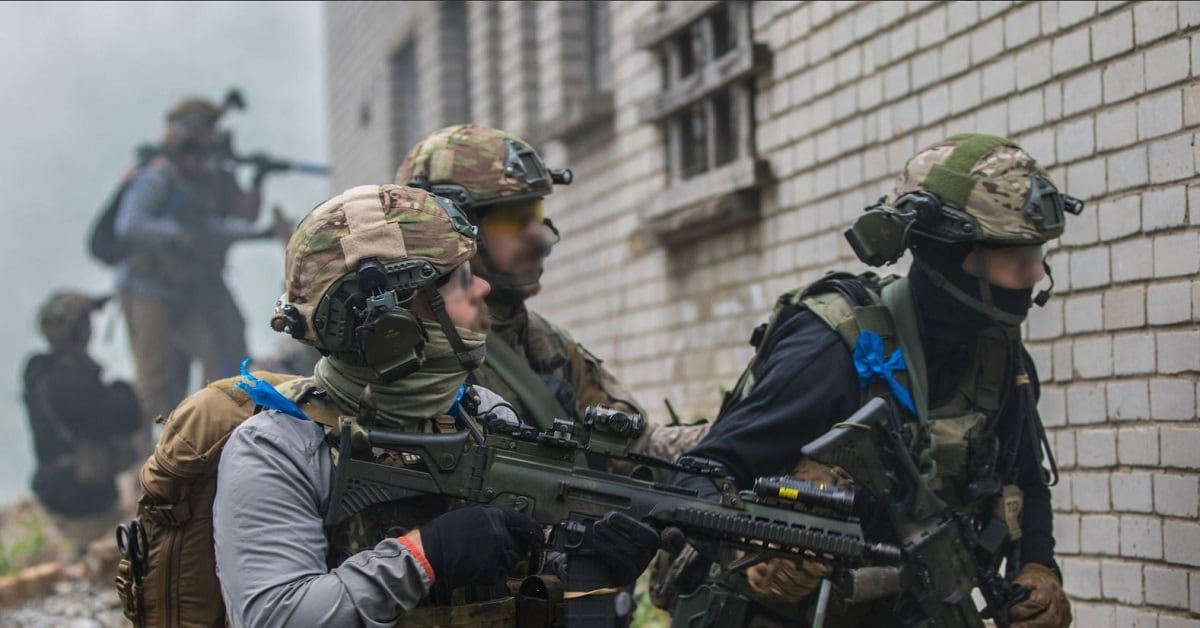Army Criminal Investigation Command has recently seen a resurgence of scammers that use fake Common Access Cards and send blackmail letters to soldiers in an effort to extract cash payments, officials said in a release last week.
These schemes include “trust-based relationship scams,” also known as romance scams, as well as impersonation crimes such as sales schemes and advance fee schemes, Army CID said in a command posting last week.
Army CID’s computer investigation unit is frequently notified of online scammers who claim to be service members and use an unsuspecting soldier’s name and social media photos to increase their credibility to victims.
Soldiers should protect themselves by conducting regular internet searches for their names and image searches for their profile pictures to ensure scammers aren’t hijacking their identities, CID officials said.
“By monitoring your social media identity, you can protect your Army family and your reputation,” Special Agent Marc Martin, deputy director of operations for CID’s Computer Crime Investigative Unit, said in the posting. “The criminals will use factual data from official websites and Soldiers’ personal social media sites, then prey on vulnerable people’s trusting nature and willingness to help the Soldier.”
A new scam that is emerging involves a criminal who sends a letter to a soldier through the mail demanding payments or else compromising information about the victim or their family will be made public.
The letter will claim to be from someone who knows the victim, but does not specify the type of misconduct or crime that the victim allegedly committed. The letter will often demand large payments in Bitcoin, officials said.
RELATED

Scammers have been using fake CAC cards to make their scheme appear more legitimate for some time, as well, but the Army CID posting said the tactic has started to gain prominence lately in order to add a layer of legitimacy to some scams.
“At first glance it could look almost legitimate, but if you look closely you will notice errors such as incorrect pay grades and other inaccurate markings," Martin said in the DVIDS posting.
If a soldier finds their identity is being used for a scam, they should immediately contact the social media company the fake account is hosted on and report the profile.
Scammers often change up the spelling on names and replace characters with dashes, spaces and other characters in order to trick search results.
“Be on the lookout for simple changes such as zeros (0) used instead of the letter 'O' or a number one (1) instead of the letter ‘l,’” the Army CID posting reads.
“Always remember that effectively searching yourself requires creativity because of the misspelled names and other identifying information slightly different to disguise the criminal activity or just because the scammer doesn’t have command of the English language,” CID officials said.
“Criminals will hijack photographs found on the Soldiers official and personal social media page and create a similar or identical biography.”
Kyle Rempfer was an editor and reporter who has covered combat operations, criminal cases, foreign military assistance and training accidents. Before entering journalism, Kyle served in U.S. Air Force Special Tactics and deployed in 2014 to Paktika Province, Afghanistan, and Baghdad, Iraq.





